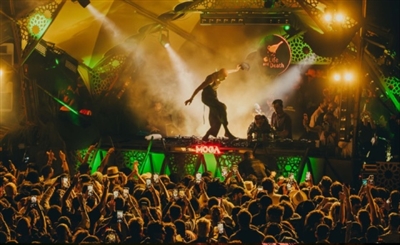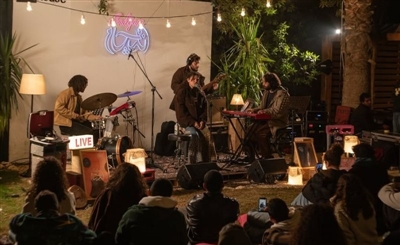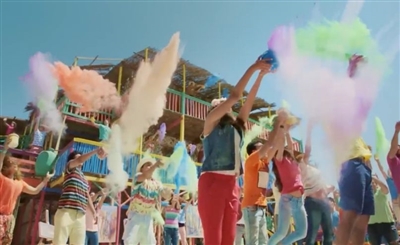Egyptian Musicians’ Syndicate Unmutes Mahraganat Music
Mahraganat musicians can now perform publicly - as long as they abide by approved standards of public morality, of course.

Mahraganat music has officially been recognised as music, a new twist in the story of the popular sound of the Egyptian street that refuses to be silenced.
The announcement comes as giant of the genre, Hamo Bika, penned an expression of gratitude to the Head of the Egyptian Musicians’ Syndicate, Hany Shaker, after the latter granted mahraganat artists the opportunity to join the ‘Monologists’ section of the syndicate, a move which effectively legalises their work and allows them to publicly perform.
It doesn’t quite bring a closure to the affair, which took the debate of ‘it’s art, mum, you wouldn’t understand’ to a Kafkaesque realm of bureaucracy, as mahraganat performers have not been given the title of ‘singers’. Recognition under the division of ‘Monologists’ casts the artists along the same esteem as the country’s poets, a prestigious title indeed, but don’t mistake their ability to perform soliloquies with anything resembling a sermon given the genre’s frictions with the syndicate’s ideals of public taste and morality.
Officially banned in February, 2020 due to lyrics deemed by the syndicate as non-representative of Egypt, mahraganat performers were subsequently prohibited from performing at concerts, festivals or clubs. Meanwhile, venues ranging from boats to cafes were ordered not to engage with the genre.
A decision one month later partially eased the curtailment, allowing mahraganat performers to obtain a year-long license to legally perform their songs, as long as they adhered to rules by a newly founded department governing the standards of morality in their lyrics and performances.
Presently, the new recognition marks an opportunity for the musicians to legalise their art, though Shaker said that the permitting of the genre’s entrance into the syndicate stipulates controlling the performers’ lyrics and music to ensure its abiding with approved standards of public morality. This almost certainly won’t be the last we hear of the issue.
- Previous Article test list 1 noise 2024-03-13
- Next Article Bu Kolthoum’s ‘Yeah Yeah’ Serves as First Words for Upcoming Album
Trending This Month
-
Jan 29, 2026
-
Feb 20, 2026






















